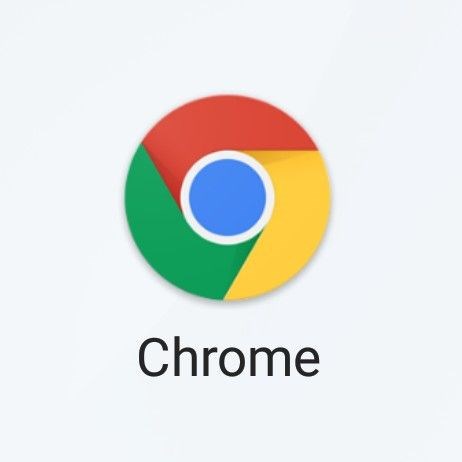
Only Google Controls Chrome, Company Executive Tells Judge
In the recent cross examination, an advanced Google executive witnesses that the company alone sanctions Chrome, a discovery that provides insights about the monopolistic frontier the internet giant has established in the browser market. It was said during what can be regarded as the high-profile antitrust case and evoking the issue of violation of fair competition in a market.
Highlights:
- Google executive asserts exclusive control over Chrome browser.
- Court testimony ignites antitrust concerns about browser market power.
- Competitors lack influence or say in Chrome’s development.
- The Justice Department intensifies scrutiny on Google's browser practices.
- Case could impact how browser markets are regulated in future.
A high ranking Google official testified this week that the company controls Google Chrome. This statement corroborates the Justice Department’s claim that Google also has a monopoly not only in the search engine market but also in the search browser market as well. It enhances speculations that there is nobody preventing Chrome from development in a certain way or its integration with all other platforms thereby providing Google with an advantage.
The statement was made during antitrust litigation processes where regulators suggest that they are abused by Google affecting consumers and competitors. In so doing, Google confirms the fact that it alone decides what Chrome is and must be without influence from other stakeholders in the software’s development. Others have said this business model inhibits creativity hence benefits no other company to compete with this technological titan.
This could be a landmark moment in how the U.S. government regulates Big Tech. Should Google Chrome control be considered as having a negative impact on a fair market, new laws or even company splits might be discussed. Thus, intense pressure has been placed on both IT companies and legal professionals to observe closely. It is far from just detailing the operation of a policy, but instead vividly presents the truth of the corporate tyranny that technology companies are indulged in today.


